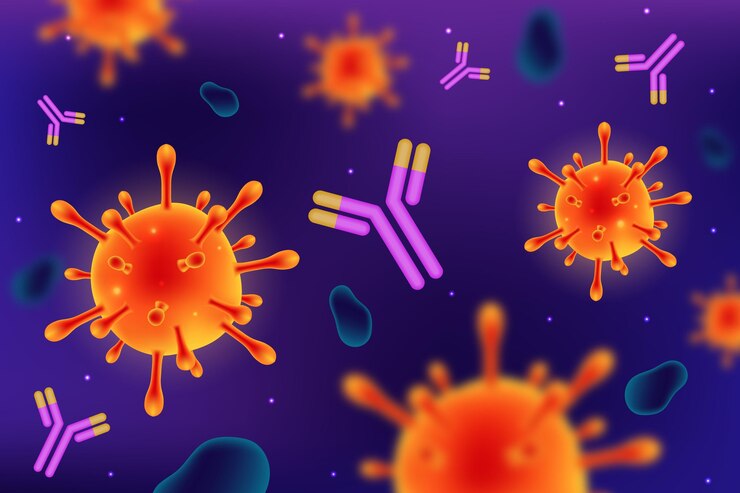Skanda is committed to advancing immunology research through innovative pre-clinical services.
Immunology
Skanda is committed to advancing immunology research through innovative pre-clinical services. Our expertise covers a wide range of immune cell cultures, enabling detailed characterization of immune responses and the effects of immunomodulatory drugs. With cutting-edge technologies and rigorous methodologies, we provide comprehensive support for autoimmune disease research, inflammation studies, and immunotherapy development.

In vitro models in immunology offer valuable insights into immune cell function, cytokine signaling, and the molecular mechanisms underlying immune responses. These models include:
Peripheral Blood Mononuclear Cell (PBMC) Cultures
Derived from human blood samples, PBMC cultures comprise various immune cell populations and are utilized to study immune cell activation and cytokine production.
Macrophage and Dendritic Cell Cultures
Essential models for investigating antigen presentation, phagocytosis, and innate immune responses.
T Cell Activation Assays
Provide insights into T cell activation pathways, antigen recognition, and adaptive immune responses.
Cytokine Stimulation Models
Mimic inflammatory or immunomodulatory environments in vitro to study cytokine-mediated immune responses.
Co-Culture Systems
Mimic cellular interactions occurring in vivo and facilitate the study of cell-cell communication and tissue-specific immune responses.
Skanda employs sophisticated technologies tailored for nuanced immunological research. Through Flow Cytometry, ELISA, Multiplex Immunoassays, qPCR, and Western blot techniques, we decipher immune cell behavior, cytokine secretion, and gene expression levels, ensuring meticulous investigations into immunology
Applications in Immunological Research
In vitro models play critical roles in immunological research by providing platforms for studying immune cell function, cytokine signalling, and immune responses in controlled settings. These models are utilized for:
- Investigating the molecular mechanisms underlying immune cell activation, differentiation, and effector functions.
- Screening immunomodulatory agents, vaccines, and therapeutic antibodies for their effects on immune cell function and cytokine production.
- Understanding disease pathogenesis and identifying potential targets for immunotherapy and vaccine development. Assess the efficacy of immunotherapies and vaccine candidates in preclinical models, facilitating the translation of experimental findings to clinical applications
- Identify novel immunomodulatory targets and develop targeted therapies for autoimmune disorders, allergies, and immunodeficiency conditions.
- Assess the efficacy of immunotherapies and vaccine candidates in preclinical models, facilitating the translation of experimental findings to clinical applications.


